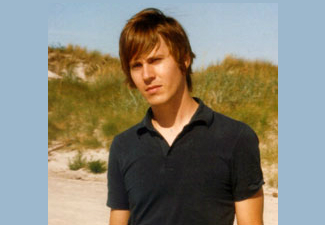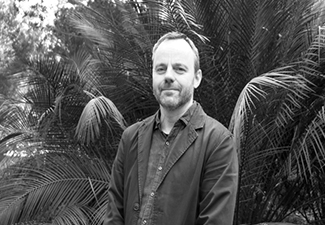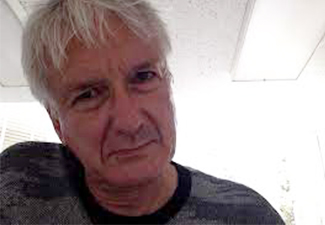Language, Epistemology, Metaphysics, and Mind Group Talk (Adam Pautz, Brown)
Jackman Humanities Building, Room 418 170 St. George Street, Toronto, Ontario, CanadaProfessor Pautz's current research project is a “consciousness-first” program in the philosophy of mind. His book, Perception: How Mind Connects to World is forthcoming from Routledge Press.



